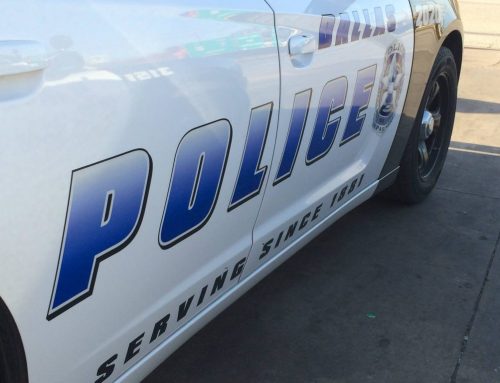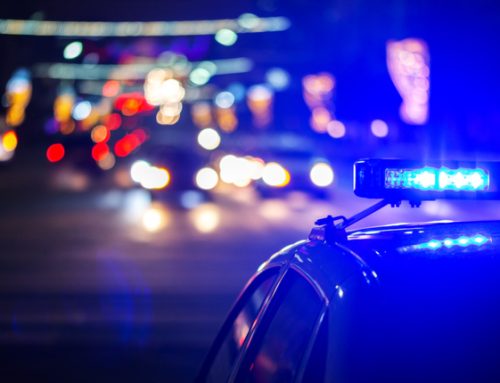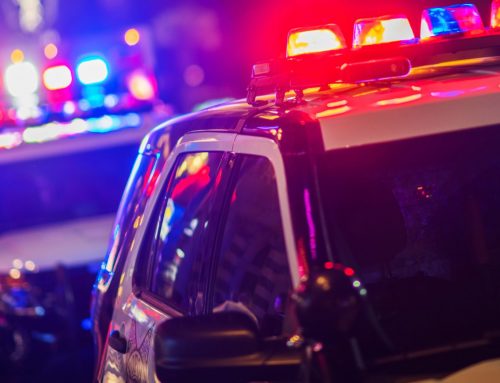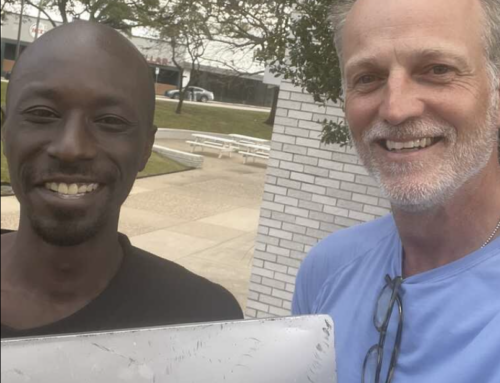Q: If we had to call 911, approximately how long would it take an officer to arrive at our home? I have friends in the suburbs, some say 2 minutes for them, and others say 20. That’s a big difference, especially if it’s an emergency.
A: The reason for the range of response time in the suburbs holds true for the Dallas Police Department as well. Most departments prioritize their calls, sending emergency calls ahead of property-related or nuisance calls. We understand the frustration that sometimes occurs when you have to wait for an officer to respond to your call.
We know that when you call 911, you want us there in seconds. Unfortunately, that is not always possible. From Jan. 1-Nov. 30, 2004, we have responded to 547,321 calls for service. We have in place a call prioritization protocol. Simply put, potential life or death calls are our first priority, and for those calls we average about 8 minutes 42 seconds from the time a call is received until we arrive.
Sometimes due to the volume of these calls, we arrive at a call involving a property crime much later than either of us would like. Calls for service involving things such as parking violations or loud music can take even longer. We are working to move more officers into our patrol pool in an effort to reduce response time and increase service to the citizens of Dallas
Q: With all the car break-ins we’ve had in the White Rock Valley neighborhood lately, I’d like to know what percentage of thieves, car- and home-related, actually are caught?
A: This question requires a lengthy answer, but I’ll try to be brief. We consider a crime “solved” when we are confident we arrested the person responsible. We do our best to prove the person’s guilt in court, but many factors sometimes cause the suspect to be found not guilty.
Sometimes we arrest a person, but as time goes by the victim decides he or she doesn’t want to prosecute, so there would not be a conviction. In many cases, we arrest a “suspect” for breaking into a car and, either by their confession or our detective work, we are convinced this person is responsible for breaking into several other cars. The suspect may only be prosecuted for one of the break-ins, yet we know we “solved” several crimes. These types of decisions keep our statistics (5 percent for Burglary of Motor Vehicle) low even though once the criminal is arrested we note a decrease in the number of break-ins.
Our goal is to make neighborhoods safer either by arresting the guilty or preventing people from becoming victims in the first place. If you have a question about a specific incident, please contact the Interactive Community Policing Unit at your respective Patrol Division.
Have a question for Deputy Chief Bryan Harvey? E-mail it to crime@advocatemag.com, or send your question to Advocate Publishing, Attn: Ask a Cop, 6301 Gaston, Ste. 820, Dallas 75214.
Bryan Harvey is deputy chief of the Dallas Police Department’s Central Patrol Division.





